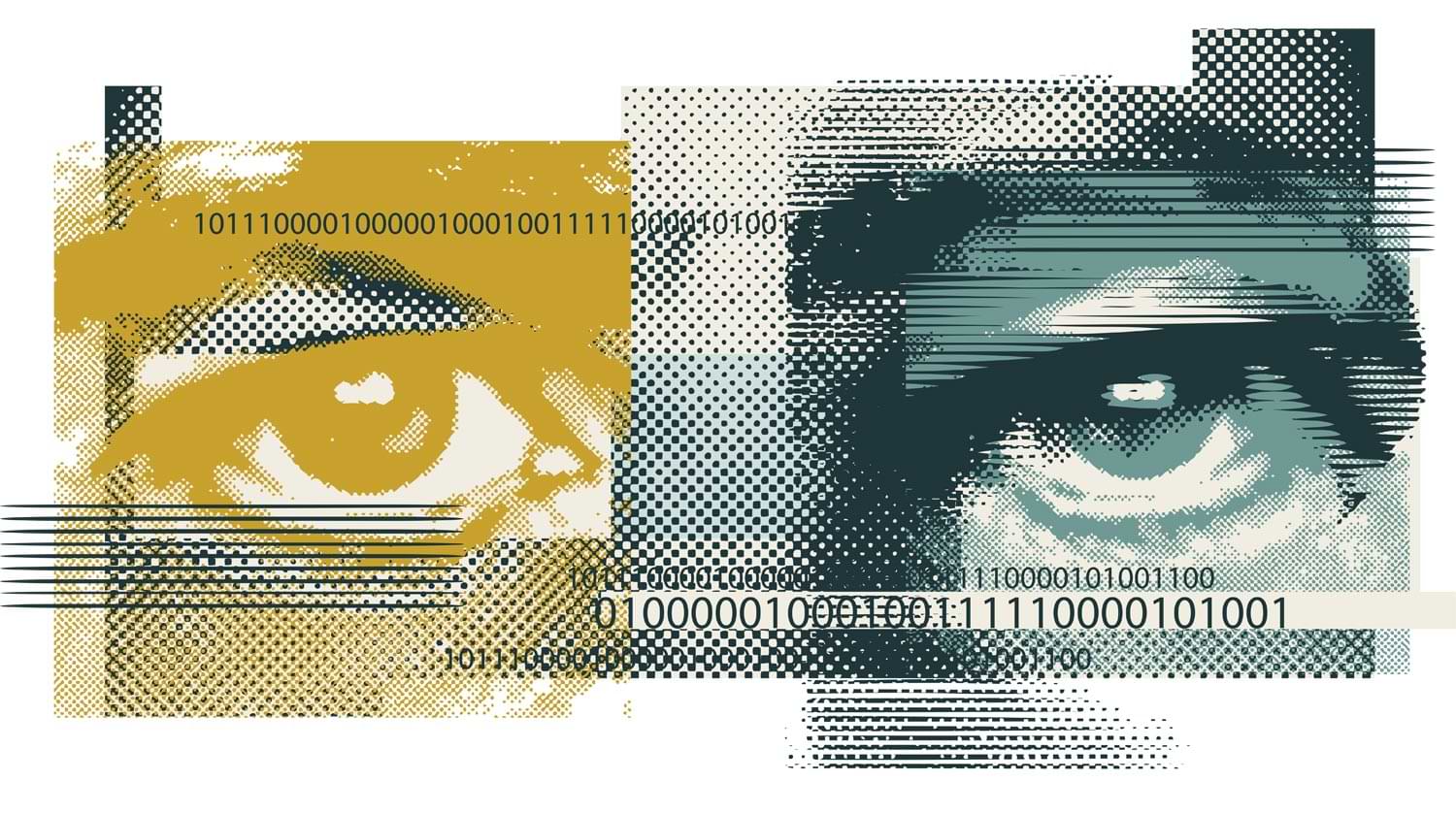Professor Elizabeth Joh gives 4th Annual Paul A. Rosen Constitutional Law Lecture
Wayne Law was pleased to welcome Professor Elizabeth Joh, Martin Luther King Jr. Professor of Law at UC Davis School of Law, to deliver the 2022 Paul A. Rosen Constitutional Law Lecture March 7, 2022. Professor Joh is a widely known expert on policing, technology and surveillance, and her talk on the intersection between those topics was titled “The Victims of Police Federalism.”
Before taking questions from the audience, Joh spoke for a half-hour on the technological innovations changing the face of modern policing, along with the legal aspects of those changes. In ways that citizens don’t realize, modern policing depends on modern technology. Police departments use prediction tools that anticipate future crimes in deciding where to allocate their resources. They rely on surveillance, imaging technology and data aggregation to track people who might be later linked to a crime through still photos taken by business surveillance cameras or overhead air drone monitoring. This has meant a loss of privacy for some, but it also has fundamentally changed policing and the relationship between modern people and the police. It also creates problems, particularly for minority groups. Facial recognition, for example, is not always accurate, and it is most inaccurate for women and people of color. For women of color, the facial recognition inaccuracy rate is nearly 35%.
Such changes in policing have happened without much in the way of judicial or legislative supervision. American traditions of federalism and local control have contributed to policing being a local issue, rather than a matter for states or the federal government. Congress has not tried to regulate any of these developments, nor have most states. Technology has gotten ahead of regulation by both legislatures and courts, meaning that the decisions about whether to use — and how to use — these technology-based policing techniques have been made by police departments rather than by the people, their elected representatives or the courts.
Professor Joh also spent time discussing the situations on the ground in both Baltimore and Detroit. In Baltimore, the police department contracted Persistent Surveillance Systems for low-flying planes equipped with wide-angle cameras to continually feed information to computers that could stitch together these series of images, essentially creating detailed maps of a given area during the entire period of surveillance. Information has been collected without reference to any particular crime, person or vehicle, and at the request of Baltimore’s police department, Persistent Surveillance Systems can provide data — in the form of still images — for any place and time during the surveillance. Professor Joh also discussed the 2016 implementation of Project Green Light Detroit, a similar program relying on cameras that feed footage directly to the Detroit Police Department.
In her lecture, Professor Joh spoke at length on these technological developments, their benefits and costs, potential abuses they create, the lack of legislative control over them, and the modest role courts have played.

